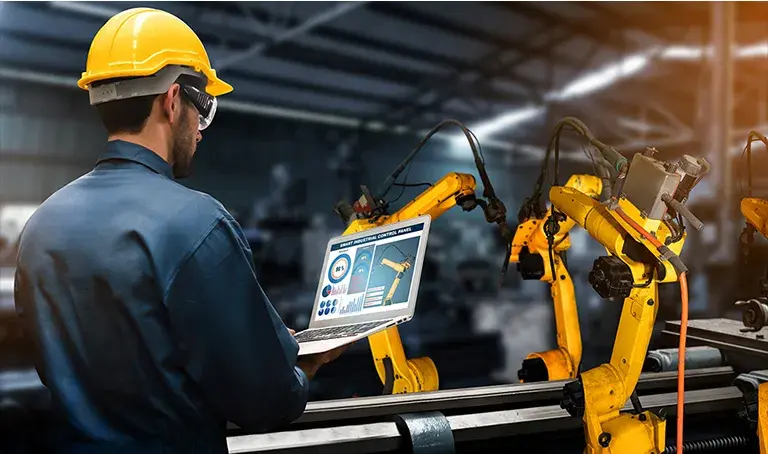Impact of Industrial Analytics in Fostering Manufacturing Transformation

If data is oil, manufacturing is the brightest lamp powered from it. Manufacturing is expected to generate 1812 Petabytes (PB) of data every year, a lot more than BFSI, healthcare & many other industries, according to Deloitte. Industrial Analytics today are helping optimize every facet of manufacturing by enabling proactive decision making & automation across organizations through the access of the right data to the right people on time.
What does Industrial Analytics exactly do?
- Improving Manufacturing Supply Chain
In a hyperconnected world, manufacturing processes and supply chains are getting increasingly extensive and complicated. Industrial Analytics enable manufacturers to hone in on every stage of the manufacturing process and study supply chains in minute detail, accounting for individual activities and tasks. Based on machine health, inventory status, forecasting of orders, preparation, and choice of suppliers can be made in advance.
In the current scenario of a dynamically changing environment, a resilient supply chain can make or break your enterprise.- IReduce Downtime
- Productivity & Production process improvement
- Drive machine OEE improvement
- Reduce Manufacturing Errors
Conclusion
Want to realize the potential of your manufacturing data? Reach out to us at contact@infinite-uptime.com to set up a call with our team of experts.










